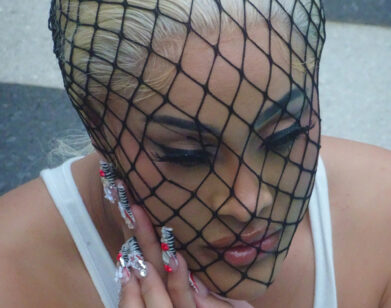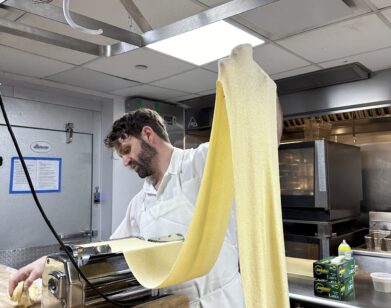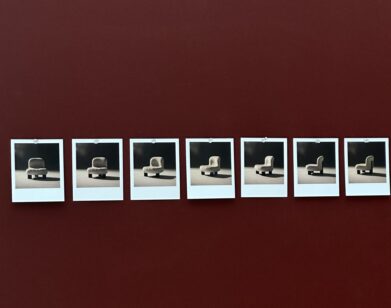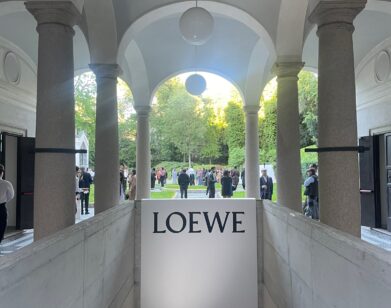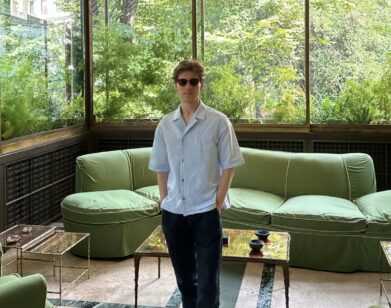Miles Klee’s Coast of Dystopia
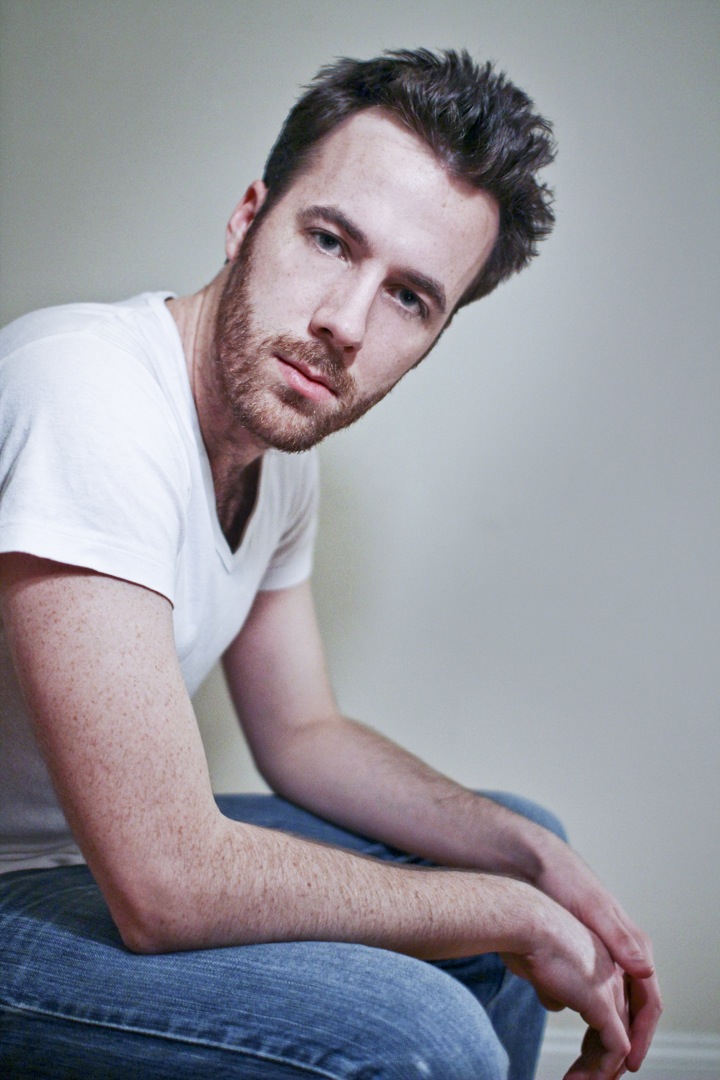
The world is a dangerous place. In Miles Klee’s Ivyland (OR Books), the author vividly imagines a violent future where a giant pharmaceutical company rules most of New Jersey. Spiked with the lusty, random bloodletting of A Clockwork Orange and Orwellian in scope, Klee redefines and redesigns the Garden State, writing of a landscape where cops are more brutal than the pill-popping gangs who run the highways and memories of a time before drugs and corporations controlled the lives of citizens are getting hazier with every medical induced high. In short chapters that focus on the various citizens of Ivyland, Klee captures humanity at both its most depraved and its most innocent: people who have been forced to live in a not-so-brave new world where weakness is met with death. We spoke with Klee about violence and how it can take us over, Google’s sinister information gathering, different flavors of Coke, revenge and medication.
ROYAL YOUNG: What happens when you become used to violence, even begin to expect it?
MILES KLEE: There’s an acceptance of chaos, a belief in a vengeful God, maybe. You probably stop seeing the causes of the violence as well. That’s why you have places where the cycle is perpetuated so easily.
YOUNG: What if you’re a naturally peaceful person? If there’s violence around you all the time, how does that change your disposition?
KLEE: What you’re taught in that environment is that society is not something you want to opt into on any level. If the hierarchy of violence breeds power, than you stop identifying with the hierarchy itself. There’s a desperate need for organization. I think that’s what we excel at: categorization. When material reality doesn’t live up to the OCD human expectation, you don’t think there’s anything worthwhile. You can’t help but become involved in it at some point.
YOUNG: On the flip side, when you’re already a person who thrives on chaos, what does that look like?
KLEE: You see what’s going on around you and it’s not at all unnatural. We wonder how someone becomes a suicide bomber. If people are offering you a way of life that’s stability and food and ideology, that can become very attractive. But you still begin to want to impose your own structure on it, that’s what organized crime is. That’s where we get corruption and a black market, a shadow economy. Order emerges from people who want to capitalize on the lack of it.
YOUNG: Talking about organizations and how they rise up or thrive on disorder, I wanted to talk about corporations: how they inform our decisions and how to a degree, they are already ruling so much of our lives.
KLEE: The big problem for me is thinking about how much information corporate entities have access to about me. What’s freaking me out and part of what the book is about, is I don’t exactly know how they’re going to use what they learn. There’s so much random data attached to me that seems categorically useless. It’s mindboggling that somebody is going to be able to turn that into a dossier on what they need to know about me and how I can be useful to them. Where does it end? It’s a very short jump from there to them experimenting on you without you knowing. If a company knows you drink a Coke every day, how hard is it for them to give you a different flavor?
YOUNG: It’s so weird. I was talking to my dad, who went on Google and was able to see a tiny tip of the iceberg of information they’d gathered on him. Everything was spot-on, except they thought he was a woman.
KLEE: [laughs] They’re totally missing the big picture. They’ve got granular data. They know your vices and habits and weaknesses, but that’s sort of the lowest information.
YOUNG: How do humiliation and revenge inform our actions?
KLEE: Humiliation and revenge go hand in hand more often than we’d want to admit. Humiliation instills almost instantly a rage at whoever’s done it. In a world where you’re not forced to bottle it up, you will unleash hell.
YOUNG: What about boredom?
KLEE: Boredom inspires, I think, a different kind of cruelty. With humiliation you want to lash out at whoever it is and it’s not going to necessarily be a very sophisticated. When you’re bored it becomes about tiny, cruel moments. The cops in the book are like that. They have this stagnant approach to life. That self-loathing turns into outward violence.
YOUNG: What’s your favorite medication?
KLEE: There’s so much to love. In a perverse way, I really love nose spray. It feels illicit.
IVYLAND IS OUT TODAY. FOR MORE ON THE BOOK OR TO PURCHASE IT, VISIT OR BOOKS.

